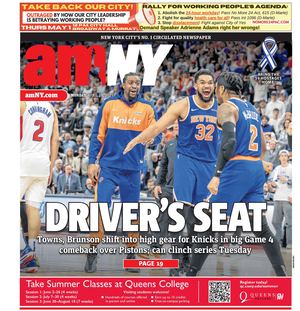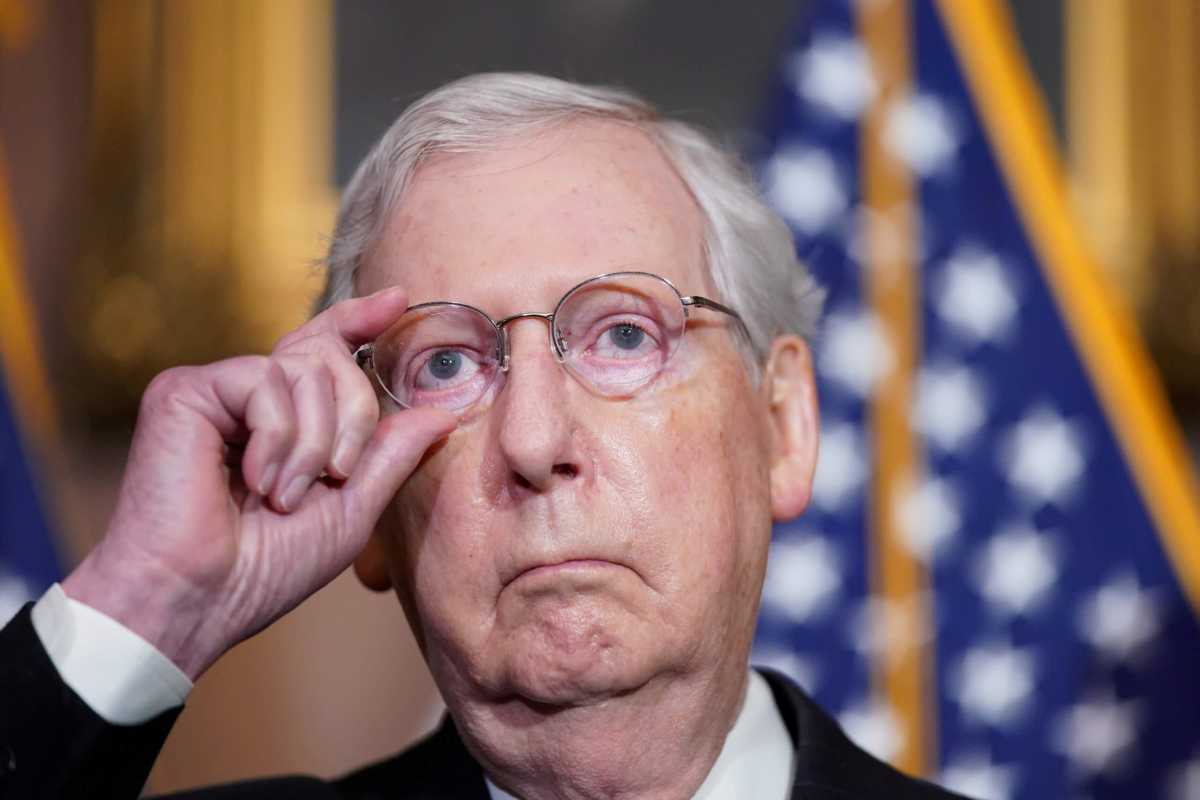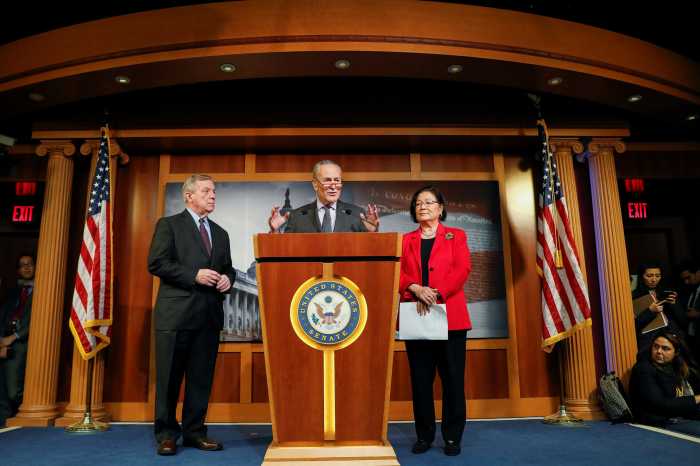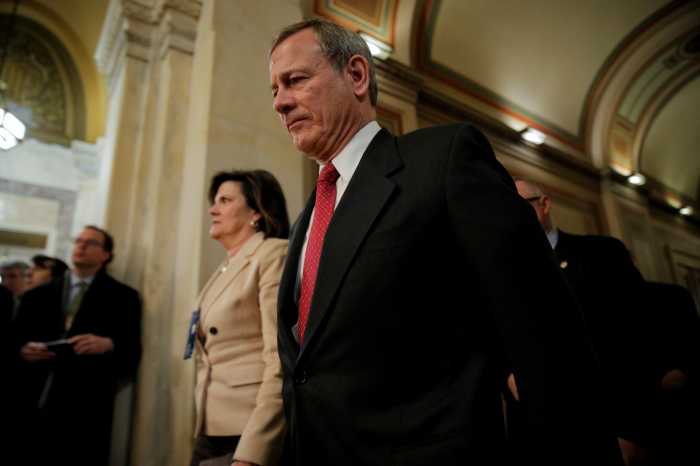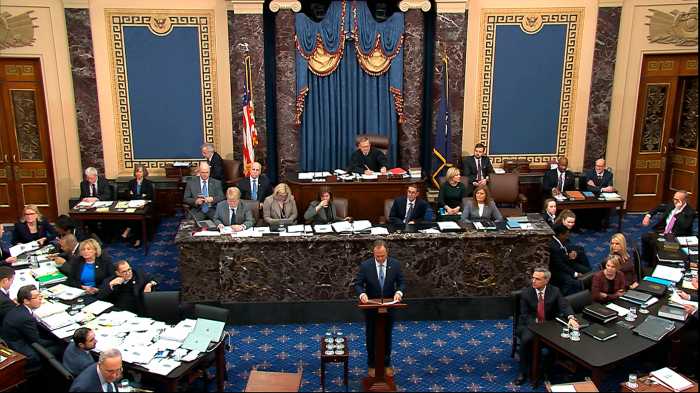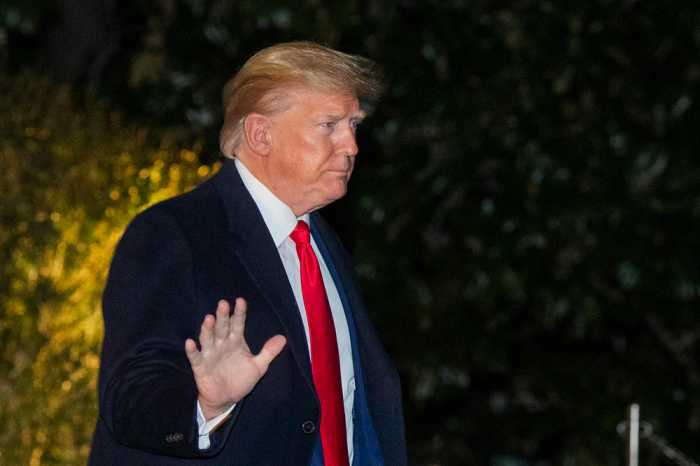By Richard Cowan, Reuters
U.S. Senate Majority Leader Mitch McConnell on Thursday said there was some positive movement in congressional efforts to reach a compromise on a new coronavirus aid bill but he gave no hints on when such a deal might be struck.
“Now it’s been heartening to see a few hopeful signs in the past few days” toward a deal, McConnell, a Republican, said of Democrats’ stance on a new aid bill. But he did not provide details.
And McConnell continued to attack Democratic proposals while touting Republican demands such as liability protections for businesses and schools during the worsening pandemic.
Senate Democratic Leader Chuck Schumer, in a speech on the Senate floor responding to McConnell, said: “In midst of this generational crisis the Republican leader does not seem inclined to compromise to actually get something done.”
For months, Democrats and Republicans have disagreed over the size and scope of new coronavirus aid that would build on more than $3 trillion worth approved early this year.
Democrats had been seeking around $2.2 trillion while Republicans were offering around $500 billion.
Schumer and House of Representatives Speaker Nancy Pelosi early this week submitted a revised plan to McConnell, but have refused to publicly discuss its contents. Republican Senator John Kennedy on Thursday told Fox News their plan totaled $1.3 trillion.
Pelosi and Schumer on Wednesday said that a $908 billion aid bill cobbled together by a group of Republicans and Democrats in the House and Senate should be the basis of new negotiations.
Meanwhile, Republican Senator Marco Rubio told Fox News that the $908 billion plan was “a great start,” although he said slightly more money was needed for a small business loan and grant program than the bipartisan measure would provide.
